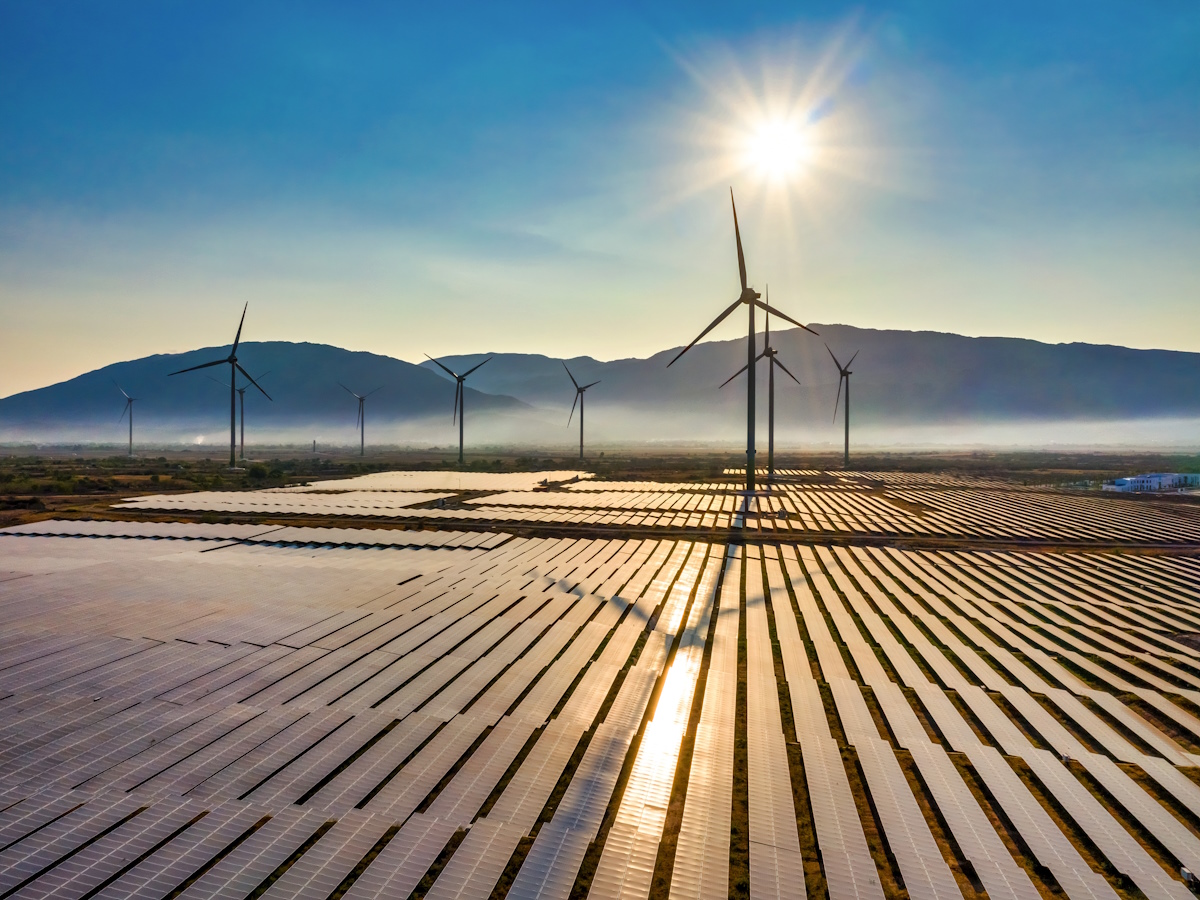The clean energy sectors are fundamental to China’s goal of achieving an economic transition. According to Ninety One’s latest observations, policymakers are determined to shift the country’s growth momentum from ‘old to new’, where ‘old’ refers to real estate, debt-led infrastructure investments, and low-quality exports, while ‘new’ growth drivers include renewable energy, electric vehicles (EVs), and other high-tech sectors like semiconductors.
“The new sectors are still not big enough, in terms of contribution to GDP, to replace real estate. But people believe the switchover must be achieved for China to get past its current economic difficulties. So with the new industries seen as pillars of the economic transition that China is determined to accomplish, my conclusion is that we can expect China to continue to support its clean-tech sectors,” comments Yunli Liu, an analyst at the Anglo-South African asset management company.
During a recent trip to China, Liu saw that demand for clean tech continues to grow. However, price competition is a concern for the industry.
He pointed out that while the Chinese solar industry achieved export-volume growth in the first ten months of 2023, the total value of these exports declined. “The reasons for this include slowing domestic demand growth (from a high base), worsening trade tensions between China and many developed markets, and excessive nameplate capacity (i.e., the amount factories could theoretically produce at full capacity) due to the ease of accessing public equity financing prior to 2022,” says Liu.
That said, investors are understandably worried that the earnings growth of many Chinese clean-tech businesses may not be sustainable. However, as Liu’s analysis shows, there are companies well positioned to emerge stronger from the downturn. Examples he named are CATL, a global leader in EV and energy-storage battery manufacturing, and Sungrow Power Supply, one of the world’s largest manufacturers of solar inverters.


 Australia
Australia China
China India
India Indonesia
Indonesia Japan
Japan Malaysia
Malaysia Philippines
Philippines Singapore
Singapore South Korea
South Korea Taiwan
Taiwan Thailand
Thailand Vietnam
Vietnam







